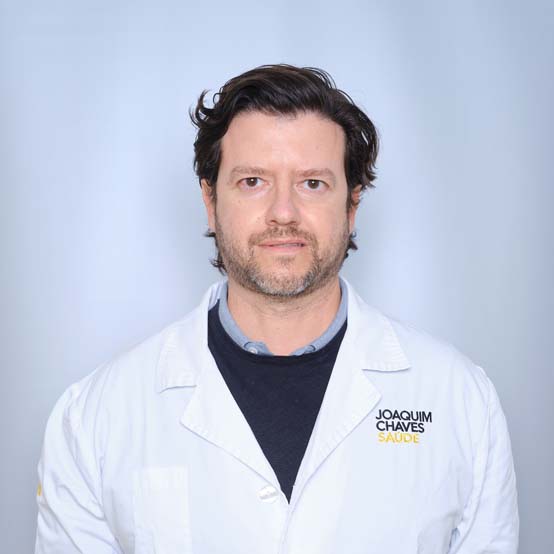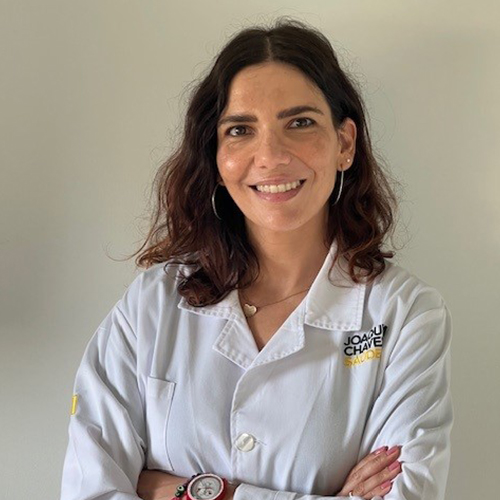Eye disorders are extremely common, but often go untreated. Data by the World Health Organization indicate that, all over the world, 1 out of 5 people have a visual defect, at least half of which could have been avoided. Orthoptics is the medical subspecialty that addresses these conditions. Find out what diseases it treats.
Orthoptics: what is it?
Orthoptics is a subspecialty of Ophthalmology that assesses and treats imbalances associated with eye movement and coordination. The word “Orthoptics” comes from the Greek “Ortho” and “Optika”, which translate to “straight eyes”. Therefore, this field is directly linked to the treatment of strabismus (misalignment of the eyes), amblyopia (lazy eye), double vision and difficulty reading.
Furthermore, Orthoptics helps detect several other pathologies like glaucoma, cataracts, diabetic retinopathy, age-related macular degeneration and neurological vision impairment. This subspecialty can be especially important for Paediatric Ophthalmology, as it is in the first years of life that particular attention should be paid to the correct development of children’s visual systems.






